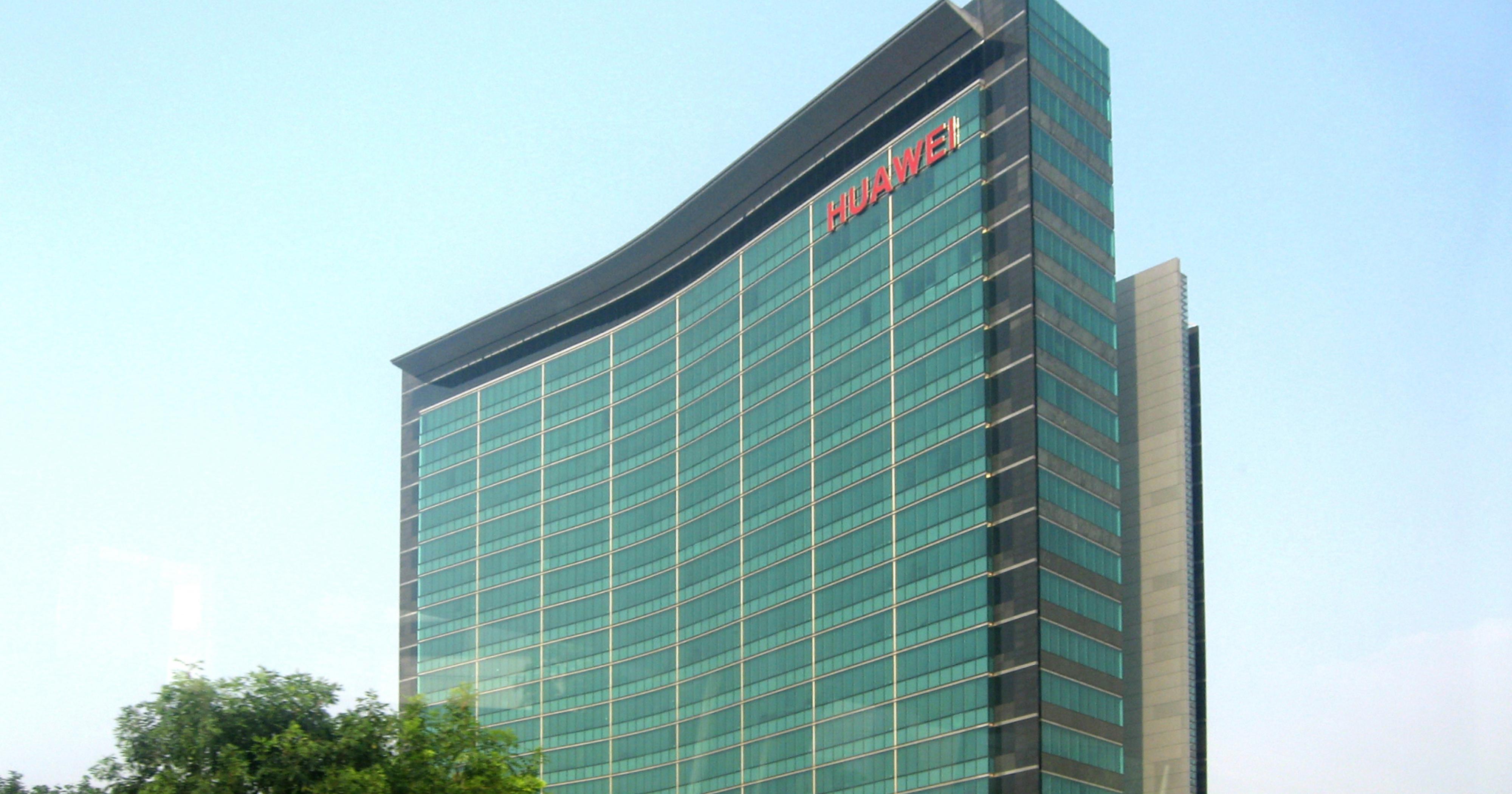Wyoming is one of the most sparsely populated state in the United States.
It is also in a rather rural locale.
Union Wireless has more towers in Wyoming than any other carrier.
But when they were changing to a 3G and 4G network, they faced some challenges due to Wyoming's remote nature.
These challenges though were eased slightly by the partnership Union Wireless forged with ICT vendor, Huawei.
Here's what Union Wireless' CMO had to say about the partnership:
“The way that Huawei has helped us be able to remain competitive in this marketplace with the Tier 1 providers…is they’ve allowed me to have multiple technologies at an affordable price. It costs me less man hours, less time, I was able to get it to market a lot sooner.”
It was partnerships like this that are put under the spotlight after Trump's blacklisting of Huawei.
According to Kevin Wolf, a former Commerce Department official, who talked to Reuters, the U.S. government might be trying to limit these type of unintended consequences:
“It appears the intention is to limit unintended impacts on third parties who use Huawei equipment or systems...It seems they’re trying to prevent network blackouts.”
That is one of the reasons being cited for the 90-day-delay in the Huawei ban.
That doesn't mean Huawei is in the clear though.
According to Reuters, Huawei is still banned from buying "American parts and components to manufacture new products".
They will need to apply for license approvals that will most likely be denied.
So, the lifting of the ban by the commerce department is purely to ensure existing networks are maintained, and software updates are provided to existing Huawei handsets.
The ban, if it eventually takes place, will hurt U.S. companies as well.
A CNN report estimates that the ban could cost U.S. tech companies a whopping S$15 billion.
Lose-lose.
Related
Image from Wikipedia
If you like what you read, follow us on Facebook, Instagram, Twitter and Telegram to get the latest updates.
